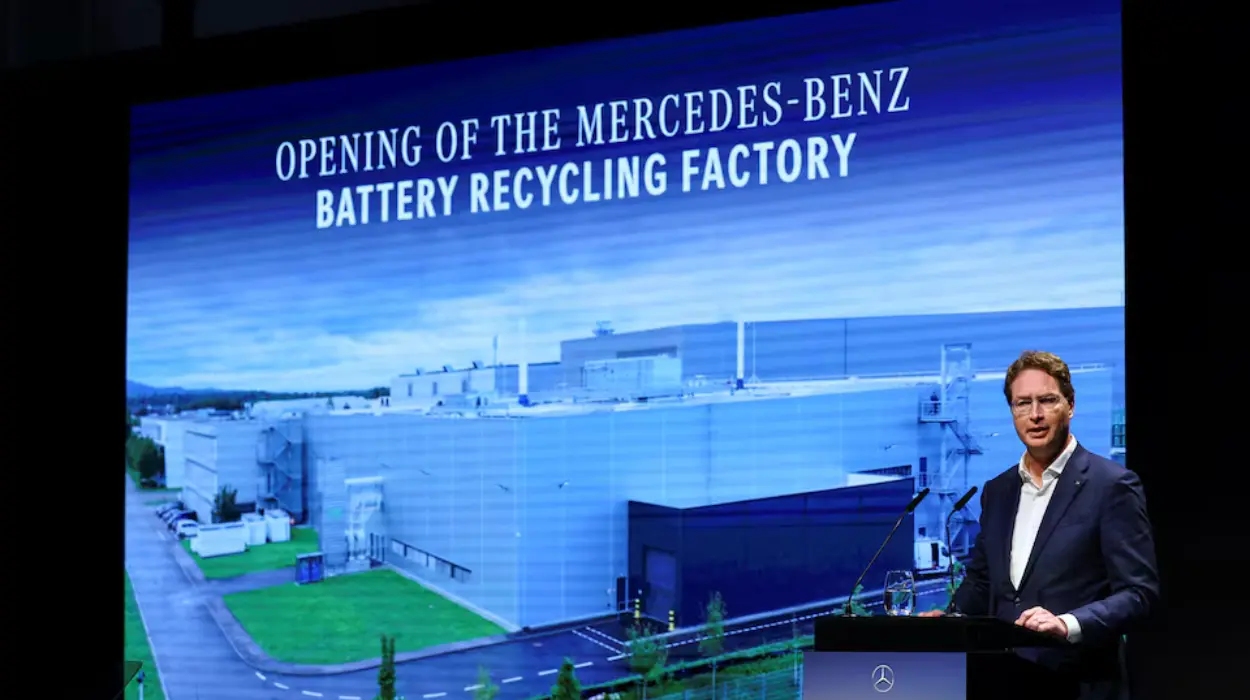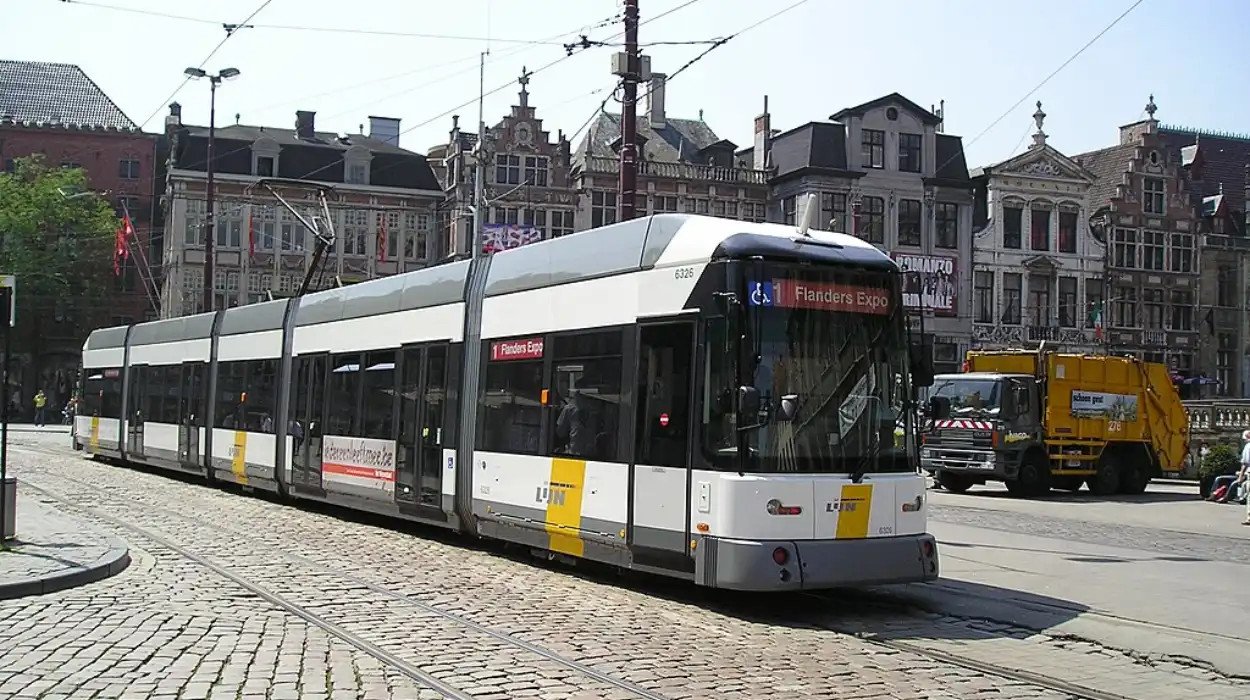Berlin – Ola Källenius, CEO of Mercedes-Benz, has publicly criticized the European Union’s plan to ban vehicles reliant on CO2 emissions by 2035 during a recent media interview.
Reports indicate that this ambitious initiative may face delays until the latter half of 2025 due to increasing political and industry pushback against the legislation, reports 24brussels.
Reasons for Criticism
“We need a reality check. Otherwise, we are heading at full speed against a wall,”
Källenius remarked in an interview with the Handelsblatt business daily that the rigid 2035 target could potentially lead to a significant collapse of Europe’s automotive market if enforced. He raised concerns that consumers might rush to buy petrol or diesel vehicles before the impending ban takes effect. As the head of the European auto lobby ACEA, Källenius has suggested that incentives such as tax breaks and affordable electricity at charging stations should be prioritized to facilitate a smoother transition to electric vehicles.
“Of course we have to decarbonise, but it has to be done in a technology-neutral way. We must not lose sight of our economy,”
he added.
Potential Impact of EU Review
The proposed ban, which proponents argue is crucial for achieving the EU’s environmental goals, will be assessed in 2025. Advocates claim that the ban is essential for transitioning to zero-emission vehicles and is a key component of the EU’s climate agenda aimed at reaching carbon neutrality by 2050.
Supporters believe that maintaining the ban will enhance the development and investments required for fully electric and hydrogen vehicles, which are necessary to significantly lower urban air pollution and greenhouse gas emissions.
Critics’ Concerns
In March 2025, the largest legislative group within the European Parliament plans to challenge the EU’s core climate policy for automobile transportation—the proposed 2035 ban on new CO2-emitting vehicles—during this year’s review process.
Political and industry factions, including the European People’s Party and member states like Germany, Italy, and Poland, are advocating for a more neutral and technology-agnostic policy. They express concern that implementing the ban too soon could undermine the competitiveness and sustainability of the European automotive sector.










